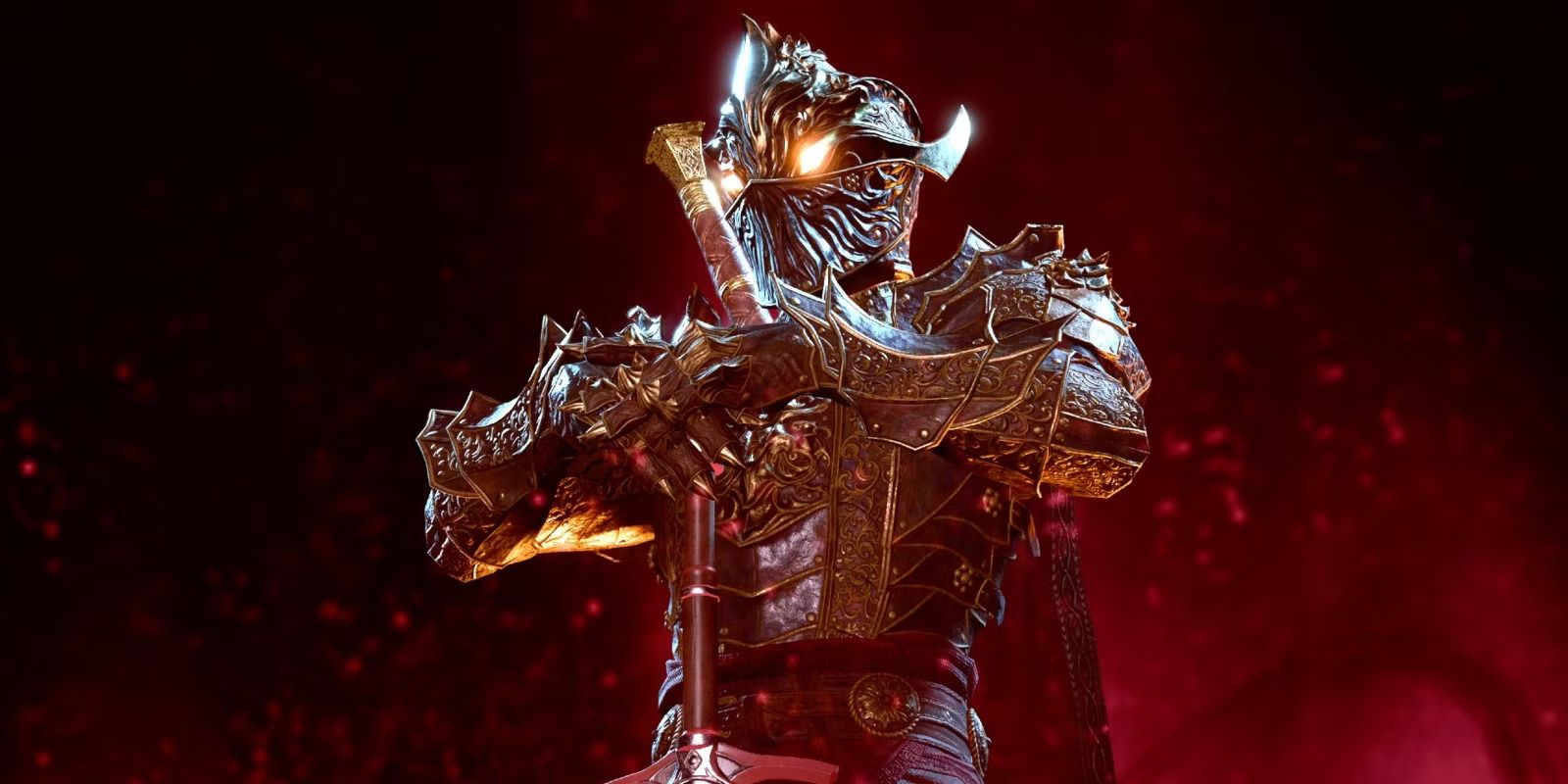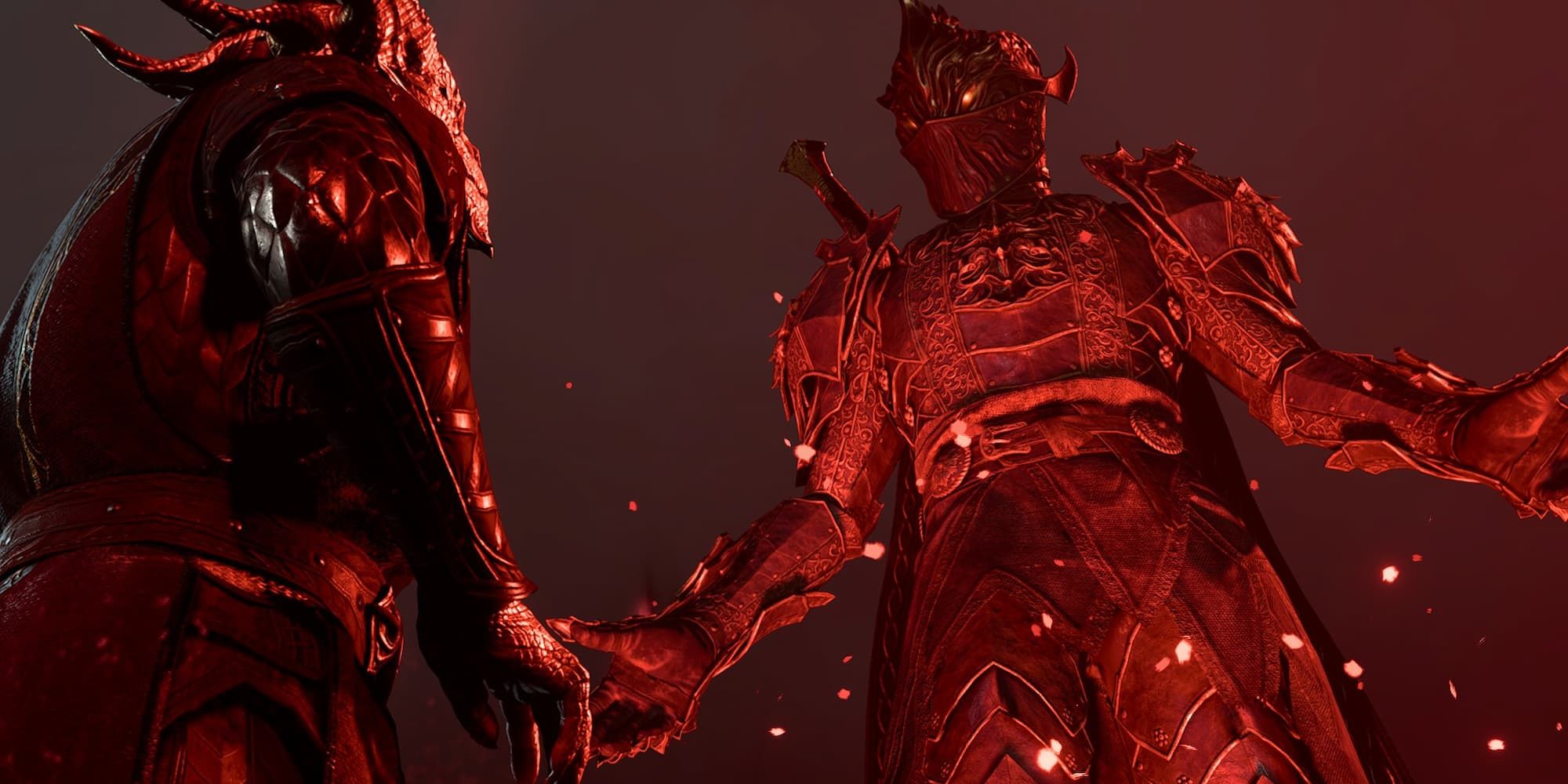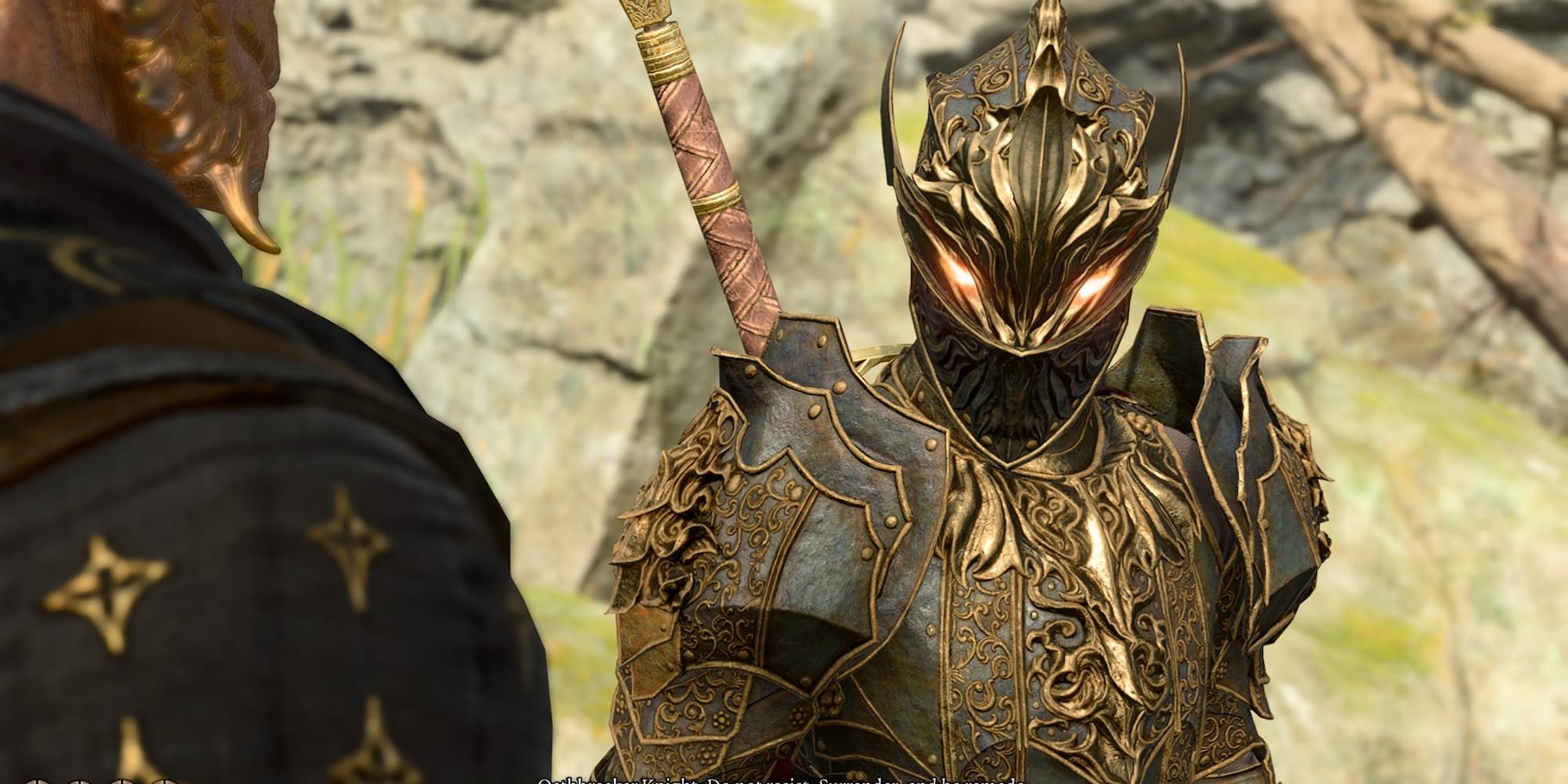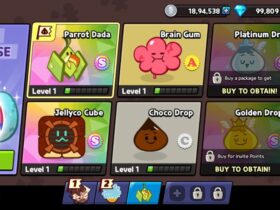In the world of Baldur’s Gate 3, Paladins are known as paragons of virtue and righteousness. Each one is sworn to uphold all that is good according to the oath they took, and they are all expected to follow such oaths without fail. This doesn’t mean Paladins can’t go against their promise, however.

Related
Baldur’s Gate 3: Every Wisdom Skill, Ranked
Wisdom is a vital ability in Baldur’s Gate 3, featuring Skills that can make a difference in social encounters, combat, and exploration.
An Oathbreaker Paladin is exactly what it sounds like — a Paladin who has gone against their creed, whether they wanted to or not. Obviously, this is a bad thing for virtuous Baldur’s Gate 3 players who want to keep their RP game strong, but everyone else who wants to dabble into the darker side of the divine may want to willingly break their oaths for a different kind of power.
Updated December 20, 2024 by Marc Santos: The Oathbreaker Paladin is a powerful class, especially when dual-classed with the Warlock. However, not all players want to be an Oathbreaker, and for those who want to repent and regain their honor as righteous Paladins, there is a way for them to regain their original oaths. We’ve updated this guide to include a short section on how to do that, as well as some notes on what players can expect if they break their oaths again.
How to Break the Paladin’s Oath
Generally speaking, if a Paladin does something unbefitting of someone of their kind, then the holy blessing they draw power from will be rescinded. There are some nuances regarding each Paladin Oath beyond just being a roleplay gimmick, and some acts may not be as unforgivable to one oath compared to another based on their respective Tenets.
For example, those who took the Oath of Devotion need to maintain a strong sense of courage, compassion, and duty. These are the Paladins who help the weak, obey just laws, and charge fearlessly into battle. If a Devotion Paladin kills an innocent person regardless of the reason, they will become Oathbreakers.
Paladins under the Oath of the Ancients, on the other hand, are sworn to be champions of nature, love, and kindness. Any act of malice, such as killing the Owlbear cub in the cave or getting Arabella killed in the Emerald Grove, will lead to nullification of the Oath of the Ancients.
The Oath of Vengeance has the most leeway among the three Paladin subtypes. They are sworn to mercilessly strike down the cruel and the wicked and to deliver righteous judgment to the accused. Sparing Auntie Ethel’s life or freeing the goblin Sazza breaks the oath.
Breaking an oath will cause the Oathbreaker Knight to visit the player. Talk to him back at camp to formally become an Oathbreaker.
Can You Undo Oathbreaker in BG3?
Yes. If you became an Oathbreaker accidentally, or if you’d rather have the full power of your original oath, then all you need to do is speak to the Oathbreaker Knight again and tell him that you wish to retake your oath. However, doing so costs Gold.
Players can break their oaths multiple times if they end up doing any of the things mentioned above. Likewise, they can retake their oaths for as long as they have money. Be careful not to overdo it, though, as the gold cost increases every time you retake your oath, and if the Oathbreaker Knight stops appearing at your camp, you’ll be stuck with what you’ve got.
For players who are having trouble breaking their oaths again, try to respec your class in BG3 before doing anything that would turn you into an Oathbreaker. The Oath of Devotion is the easiest one to break, as all you need to do is to kill an innocent, powerless civilian.
What Does an Oathbreaker Do?
Oathbreakers lose access to their holy spells and gain access to unholy ones. Instead of having a hybrid support and frontline fighter role, these Paladins have a higher focus on inflicting damage, casting offensive magic, and controlling the dead instead of smiting them. Players will still have access to Divine Smite.
In terms of playstyle, Oathbreakers come close to the Warlock’s sword-and-sorcery style of fighting, weaving in melee attacks with Necrotic magic to damage or debilitate targets. Some notable spells include:
- Spiteful Suffering – Targets take Necrotic damage, and attacks against it have Advantage
- Control Undead – Gain control over any lower-level undead
- Hellish Rebuke – React to an attack and deal Fire damage to the attacker
 Animate Dead – Create an undead minion from a nearby corpse
Animate Dead – Create an undead minion from a nearby corpse - Aura of Hate – Passively increases the melee damage of the Paladin and their allies based on the caster’s Charisma modifier















Leave a Reply